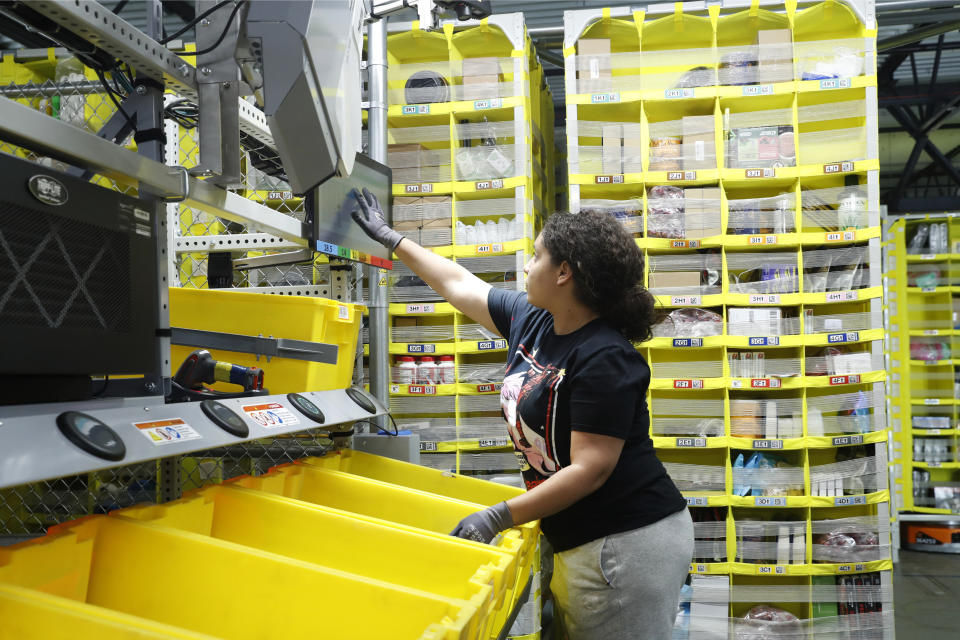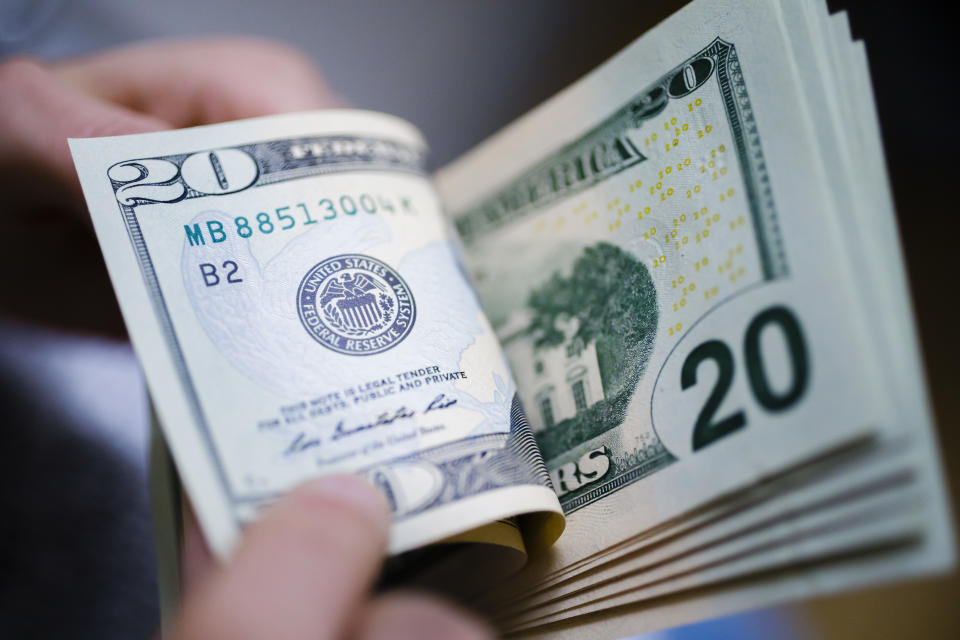Most Americans don’t expect better finances to result from Trump’s economy: survey
President Trump likes to tout the record-setting stock market and low unemployment rate as evidence of his fine stewardship of the U.S. economy – and as great reasons Americans should reelect him this year.
But some Americans aren’t benefiting as much from these economic wins as others. As many as 57% of Americans say they don’t expect their finances will improve in 2020, according to a new Bankrate survey.
“Reality for a lot of people is they haven’t made much financial headway over the years in terms of paying down debt or increasing their savings in a measurable way,” says Bankrate.com Chief Financial Analyst Greg McBride. “They may not be falling further behind, but that doesn’t mean that they’re making substantive progress on the pathway to financial security.”

Wages not growing enough
The biggest obstacle for Americans trying to attain more financial security is the lack of wage growth over the past year. Wages have remained relatively flat for most workers: the pace of hourly wage growth fell below 3% in December for the first time since July 2018.
For workers who do manage to get a raise, it’s often modest, failing to provide the windfall they really need to get ahead. “That makes it difficult to make significant headway on debt repayment or boosting savings without some sort of a windfall,” says McBride. Tax refunds, another potential boost, is often already factored into household budgets before the government even cuts the check. “The amount of that refund may not change significantly one year to the next,” says McBride.

Bankrate’s survey found that just 16% of Americans expect their finances will worsen in 2020, while 41% expect their situation to stay the same this year.
Regardless, 43% of Americans are optimistic and say their financial situation will improve. Paying down debt was a common theme for such optimism. It was the top financial goal cited by every age and income group, according to Bankrate. Among those with a rosy view of their financial future, nearly half expected to get more money at work either through a raise, promotion, or overtime pay.
Washington did not escape blame as a reason for Americans’ personal struggles. Among the 16% of respondents who think their finances will worsen, as many as 44% cited the work of politicians.
“Congress has a very low approval rating over time. That’s nothing new. Neither is kissing babies, shaking hands, and promising the moon on the campaign trail. People have become used to that,” says McBride adding, “I don’t think the fact that it’s an election year changes the fact that people view the risk that political leaders do something that harms their finances more so, than the likelihood that they’re going do something that’s going to improve their financial situation.”
More from Sibile:
Democratic debate: Democrats rip apart Trump’s reelection playbook
UBS: Oil prices may prompt consumers to ask for higher pay
How population growth will impact Republicans in the 2024 election
‘We squandered a major economic recovery’: Harvard professor
New ‘Top Gun’ will be good for Paramount but ‘doesn’t change the narrative’

 money
money 
